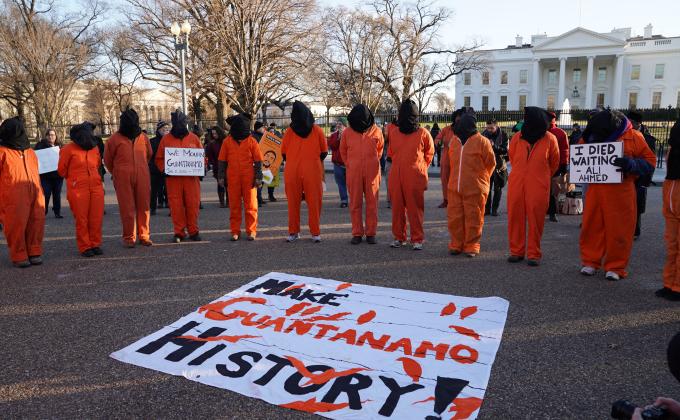Date: 18 January 2013
Venue: Carlton Ambassador Hotel, The Hague
On 18 January, ICCT convened an expert roundtable discussion on our current understanding of processes of radicalisation, counter-radicalisation and de-radicalisation, based on a forthcoming state-of-the-art literature study by Visiting Fellow Dr. Alex Schmid. The 22 participants included well-known international terrorism researchers such as Dr. Omar Ashour, Prof. Dr. Tore Bjørgo, Prof. Dr. Clark McCauley, Prof. Dr. Peter Neumann, Mr. Petter Nesser, Prof. Dr. Andrew Silke, Prof. Dr. Anne Speckhard and Dr. Lorenzo Vidino, as well as various Dutch experts and ICCT Fellows.
The term "radicalisation" has emerged increasingly in relation to terrorism over the past decade and has since become
a cornerstone of counter-terrorism policies. Nevertheless, considerable disagreement exists in literature and practice about the basic tenets and definitions of concepts such as extremism and radicalisation. The gathered experts exchanged their experiences and understanding of these concepts from their various professional backgrounds. It became clear that there were many gaps in our current understanding of the process of radicalisation leading to violent extremism and terrorism that need to be addressed. For example, there is no certainty if religious and secular radicalisation follow the same pattern. Similarly, the knowledge about drivers for radicalisation remain vague and there is no definite consensus about the centrality of trigger events, religion and/or ideology in fuelling the radicalisation process. Furthermore, the relationship between radicalisation and terrorism itself is unclear: is radicalisation a cause of terrorism? When and why does radicalisation lead to terrorism, and when and why not? The participants agreed that these fundamental questions are of vital importance, as these theoretical theories and concepts form the backbone of policymaking. If these concepts and theories are unclear, ill-defined and untested, how can the necessary policy be developed to effectively counter radicalisation leading to violent extremism and terrorism?
Good practices and approaches by governments, academics and civil society to counter- and de-radicalisation were also discussed, with different interventions analysed and assessed. The role of networks (and importance of network analysis) and the significance of the internet were identified as especially important elements in influencing processes of radicalisation, de- and counter-radicalisation. Overall, there was a consensus that while there is an increasing quantity of publications on the topics, many concepts and theories remain fuzzy and unclear. There was broad consensus that increased clarity in the field of radicalisation is required for both policymaking and policy presentation. The roundtable meeting provided important input from a range of experts to further our understanding of radicalisation and related concepts. The outcomes of this meeting informed the final version of the ICCT Research Paper by Visiting Fellow Dr. Alex Schmid entitled Radicalisation, De-Radicalisation, Counter-Radicalisation: A Conceptual Discussion and Literature Review.
The Paper is available here.



